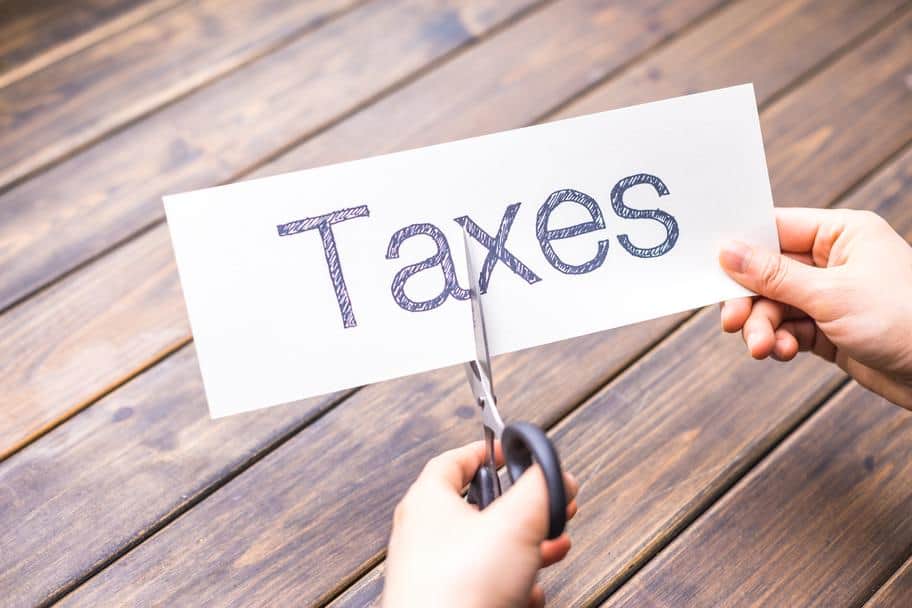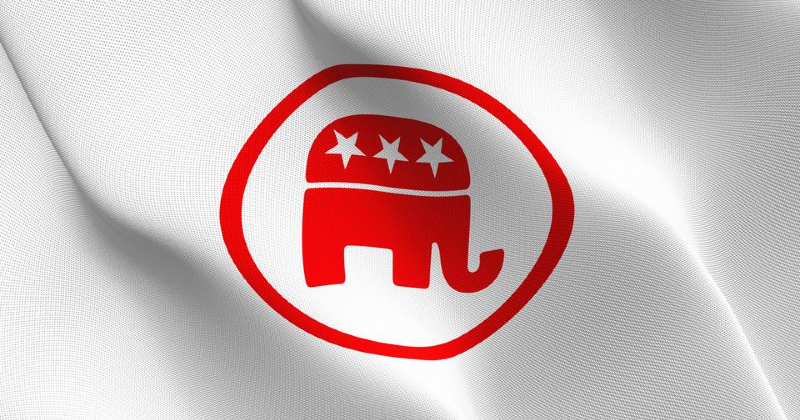If Congress does absolutely nothing – which is what Congress is best at doing – then pretty much every American will soon be paying higher taxes. Rich or poor, your tax bill is going up – and economic growth will decrease – when the non-permanent provisions of the Tax Cuts and Jobs Act of 2017 expire at the end of 2025.
But we don’t actually need to wait until the end of 2025 to see what the expiration of those provisions means for the economy. Two of its provisions that were vital to the economic growth experienced prior to the COVID crisis have already begun to phase out – the bonus depreciation tax deduction and the Opportunity Zones tax credit.
Prior to this year, any qualified business could get bonus depreciation of 100 percent. For this year it’s 80 percent, next year 60 percent, and 40 percent the year after that. The credit for investing in Opportunity Zones – which are designed to incentivize development in disadvantaged communities – is also similarly diminishing year after year.
This is a big deal for individuals trying to preserve their wealth and run small businesses. It means less capital to invest back into their businesses, employees, and the economy at large.
Unless Congress does something, the next few years will see the economy continue to struggle as American small businesses – the engine of the American economy – act to preserve their capital in the face of a hostile economic climate. This means no investment, no growth, and no jobs.
The slow death of those provisions is bad enough for the economy, but the end of 2025 will see the expiration of the across-the-board tax cuts that the Tax Cuts and Jobs Act ushered in. The top rate decreased from 39.6 percent to 37 percent, the 33 percent bracket fell to 32 percent, the 28 percent bracket to 24 percent, the 25 percent bracket to 22 percent, and the 15 percent bracket to 12 percent.
In other words, the folks on the lower end of the income spectrum are going to be forking over an extra 3 percent of their annual earnings to Uncle Sam, while higher earners will get a smaller hike that will cost them more in absolute terms.
Even more significantly for many filers, the TCJA roughly doubled the amount of the standard deduction from $13,000 to $24,000 for married filers. Unless Congress acts, this extraordinary benefit will expire at the end of 2025.
It’s difficult to overstate how significant this is, especially for lower-income taxpayers. According to the Tax Foundation, the TCJA roughly halved the number of people who itemize their tax deductions. And let’s be honest, itemizing is primarily a tool for the rich. Only about 1 percent of filers in the lowest bracket itemize, and it’s not particularly popular with anyone below the top 10 percent of earners.
The TCJA also made changes to the capital gains tax, and more than doubled the lifetime gift and estate tax exemption from $5.5 million to $11.2 million.
Unfortunately, the damage done by the expiration of key provisions of the Tax Cuts and Jobs Act will be amplified, as the American economy is currently in shambles and, unfortunately, policies coming out of D.C., inflation, and limitless deficit spending are only making things worse.
The current administration’s doctrinaire ideological commitment to promoting green energy – and by extension, its continued alienation of oil-producing nations – is causing both massive inflation and the global abandonment of the dollar. Indeed only last week, the UAE and India agreed to trade in rupees, the latest blow to what was only a few years ago still considered the global currency.
We are in a situation in which many American families and businesses are hanging on by a thread. Letting the non-permanent provisions of the TCJA expire could be catastrophic to our overall economy and the well-being of many working families.
Given this harsh reality, there is a chance that Congress might actually get its act together, set aside the partisan bickering for a moment, and make permanent the provisions of the TCJA that breathed new life into the American economy.
There is, of course, also a chance that it won’t. To some, anything attached to Trump is now toxic, so even many Republicans won’t back a measure to make the Trump tax cuts permanent. Given that equally plausible reality, individuals seeking to preserve their wealth and businesses should begin financial planning around the expiration of the non-permanent provisions of the TCJA. Plan for the worst and hope for the best, as they say.
The bottom line? If you think the economy is bad now, it’s going to get a lot worse if Congress lets the non-permanent provisions of the TCJA expire. We must demand that our elected representatives don’t allow this to happen.
Julio Gonzalez is the CEO and Founder of Engineered Tax Services, Inc. This article was originally published by RealClearPolitics and made available via RealClearWire.












